If your website content isn’t getting the viewership you think it deserves, it’s time to take a closer look at your SEO practices. We’re talking about how to find the best keywords for your content:
- To boost your organic rankings.
- To increase traffic to your site.
- To help your ideal audience find you more easily.
It’s a tough nut to crack, but effective search engine optimization has a huge impact on your success. Here are some tips and tricks of the trade.
7 Essential SEO Tips For Attracting a Bigger Audience
- Take a longer, deeper dive into keyword research.
Any effective SEO strategy relies on keyword research. It’s important to identify these two types of keywords for every one of your web pages, blog posts, and other content:
Primary Keyword – one word that defines the main focus of your content that’s relevant and speaks to your brand, products, and services.
Secondary Keywords – one or more words that inherently support the main topic of your content and define possible subtopics that you’ll cover. If secondary keywords don’t feel natural to your theme, it’s better to leave them out.
Once you know how to find the best keywords for content and start using them effectively, you’re well on your way to getting the views you’re looking for.
- Make sure you deliver quality writing and original content.
Quality writing is well-researched, comprehensive, and covers everything your audience needs to know about the topic. Original content highlights your unique perspective and subject matter expertise, which inspires your ideal audience to connect with your brand.
This is also the kind of content that search engines are looking for. Quality, original content has what Semrush calls, “a constant level of sustained interest” for your audience. Its evergreen value helps to build traffic over time.
However, if your business deals in seasonal products or services, daily news topics, or topics that rely on timely data (such as healthcare), pepper this type of content into your content mix and make sure to provide updates on them when appropriate.
- Optimize page titles, meta descriptions, and URLs.
The titles, descriptions, and uniform resource locators (URLs) that are associated with web pages should help your audience - and search engines - instantly comprehend what they’ll find if they click on the page:
- Keep page titles 30 to 60 characters long.
- Keep meta descriptions up to 159 characters long.
- Preferred URLs are around 60 characters long.
- Make titles, descriptions, and URLs unique for every page.
- Include a target keyword in page titles, meta descriptions, and URLs.
- When someone reads a page title, meta description, and also the URL, they should be able to easily understand what the content is about.
- Format your content to leverage search engine features.
When your content consistently answers the questions that people are searching for online, search engines can choose to feature it on SERPs (search engine results pages). Google calls these featured snippets, which are located at the top of search results, so they’re seen first on the page. It’s one way search engines help their users find the answers they’re looking for and makes your content more useful to them. If your content gets a featured snippet, it will likely help boost organic traffic for that content and improve your SEO ranking.
To optimize content for search features:
- Self-search the primary keyword for your content.
- Review the current featured content for how it’s written and formatted. What question does it answer? Does it include bullets? A table?
- Next, edit your content so it asks and answers the target question clearly and concisely.
- Use succinct sentences (no more than 20 words), direct language, and short paragraphs.
- Use headings and subheads to organize your content. Search engines will have a better time understanding your topic.
- Learn how to generate external links that lead to your site.
Backlinks or links on other reputable sources that lead back to your site will help improve your site authority, credibility, and SEO. Here are some link building best practices:
- Use citation building to provide accurate and relevant information about your business to listing directories.
- Join professional associations, networking groups, and business organizations.
- Write guest posts for sites that are known as subject matter experts in your field.
- Partner with publishers to leverage your original research or survey data.
- Make note of your competitors’ backlinks and target those sources.
- Make your mix of internal and external links work for you.
All your content links have to do to be effective is lead your audience to useful, relevant, additional information, both on your site and on other reputable resources. Ultimately, this will improve their experience, strengthen your credibility, and help search engines better index your site.
- Audit your website regularly.
You want to make sure your site functions properly, is user-friendly, and gives a great experience. With a site audit, you can:
- Easily test all the elements of your website for the best user experience.
- Fix broken links.
- Remove things that cause slow load times, which will affect user experience and your SEO as well as increase your bounce rates.
- Make sure your graphics are optimized for the best size, formatting, link structure, and accessibility.

11outof11 Knows Search Engine Optimization
When you’re ready to find the best keywords for your content, connect with 11outof11. Request a complimentary call with an 11outof11 expert. Contact us to learn more.






.png)






